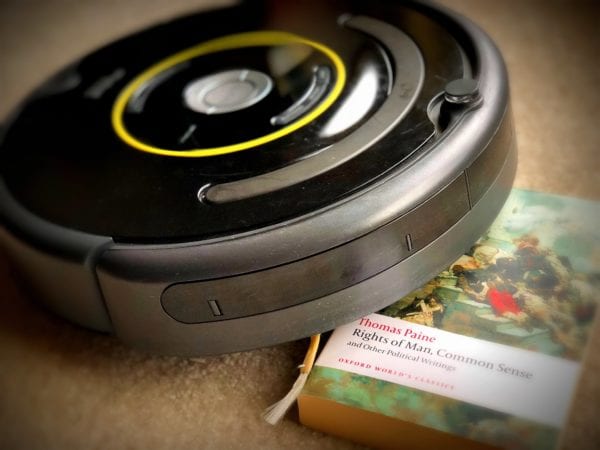
How to Survive the Robot Apocalypse
Dr. David J. Gunkel
Distinguished Teaching Professor ¦ Department of Communication
Northern Illinois University
April 3, 2018 ¦ Moody College of Communication ¦ University of Texas at Austin
Whether we recognize it or not, we are in the midst of a robot invasion. The machines are now everywhere and doing virtually everything. We chat with them online. We play with them in digital games. We collaborate with them at work. And we rely on their capabilities to help us manage all aspects of our increasingly data-rich, digital lives. As these increasingly capable devices come to occupy influential positions in contemporary culture—positions where they are not just tools or instruments of human action but social actors in their own right—we will need to ask ourselves some intriguing but rather difficult questions: At what point might a robot, an algorithm, or other autonomous system be held responsible for the decisions it makes or the actions it deploys? When, in other words, would it make sense to say “It’s the computer’s fault?” Likewise, at what point might we have to seriously consider extending something like rights—civil, moral or legal standing—to these socially active devices? When, in other words, when would it no longer be considered non-sense to suggest something like “the rights of robots?” In this engaging talk, David Gunkel will demonstrate why it not only makes sense to talk about these things but also why avoiding this subject could have significant social consequences.
Dr. David J. Gunkel is an award-winning educator, scholar and author, specializing in the study of information and communication technology with a focus on ethics. Formally educated in philosophy and media studies, his teaching and research synthesize the hype of high-technology with the rigor and insight of contemporary critical analysis. He is the author of over 50 scholarly journal articles and book chapters and has published 7 books, including The Machine Question: Critical Perspectives on AI, Robots, and Ethics (MIT Press), Of Remixology: Ethics and Aesthetics after Remix (MIT Press), Heidegger and the Media (Polity), and Robot Rights (MIT Press). He is the managing editor and co-founder of the International Journal of Žižek Studies and co-editor of the Indiana University Press series in Digital Game Studies. He currently holds the position of Professor in the Department of Communication at Northern Illinois University, and his teaching has been recognized with numerous awards.


